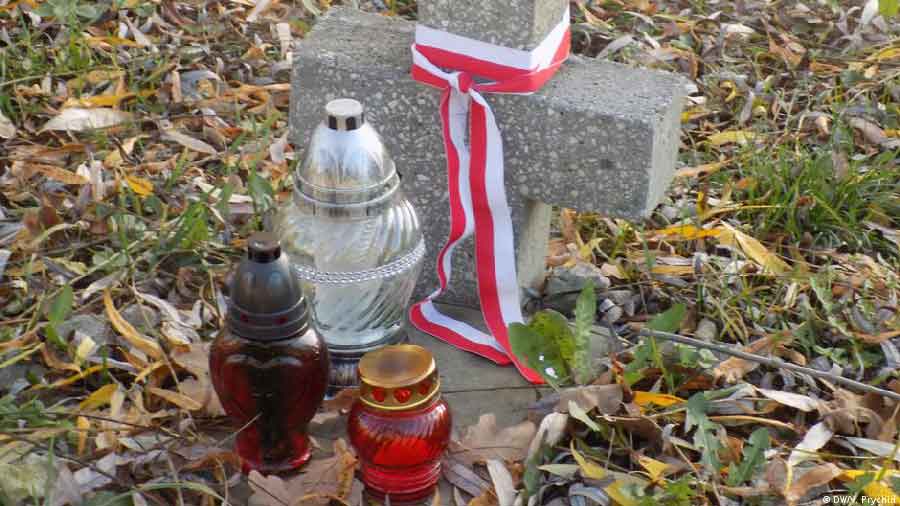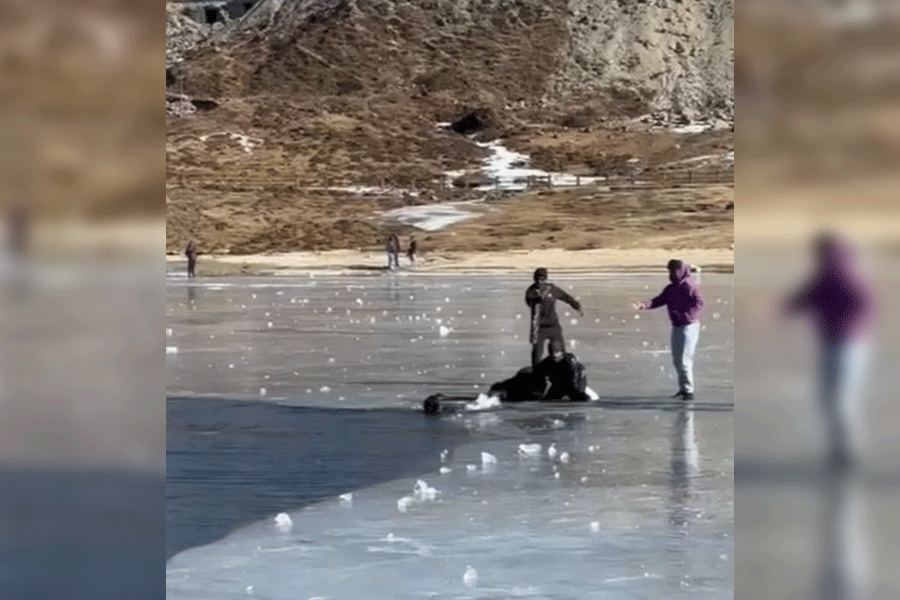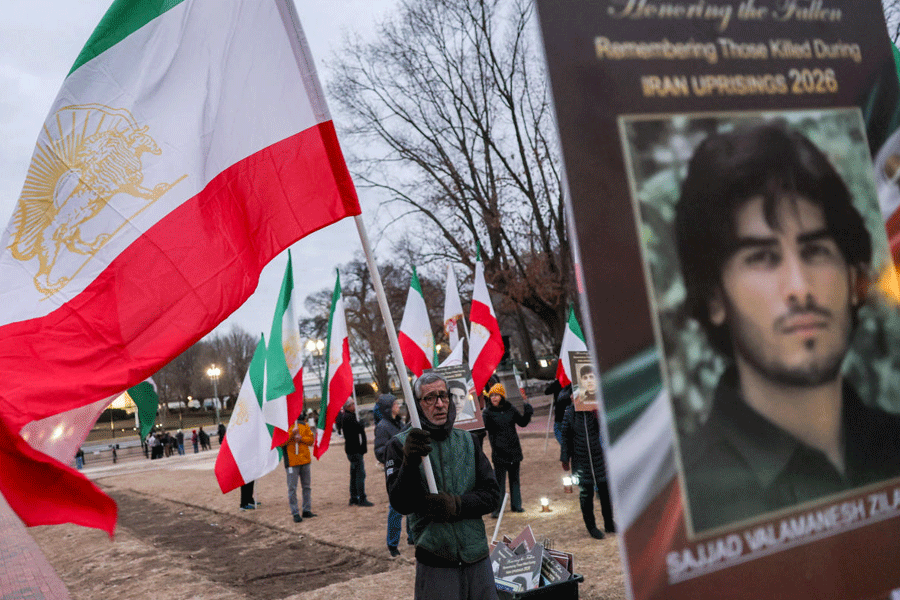Tensions have flared between Belarus and Poland again, this time over the destruction of a cemetery for Polish soldiers in the Belarusian village of Mikulishki. DW spoke with historians about the site’s significance.
The destruction of World War II-era Polish soldiers' graves in the Belarusian village of Mikulishki has sparked outrage in Warsaw.
On July 4, the representative of the Union of Poles in Belarus (SPB), Marek Zanevsky, wrote on Facebook that a gravesite for Polish Home Army soldiers in the Grodno region had been razed to the ground.
The Polish Ministry of Foreign Affairs called it a "disgraceful event,” accusing Minsk of failing to meet its commitments regarding memorials. "The act resembles the darkest episodes in the history of communism, and given the earlier accounts of the devastation of Polish war graves, it can only be construed as done on purpose in order to further degrade the mutual relations between Poland and Belarus," it said in a statement.
Warsaw had already expressed concern over the desecration of the graves of Polish soldiers in other areas in the Grodno region in late June.
The Polish Home Army (AK) was a volunteer resistance and military organization in German-occupied Poland during World War II. It was disarmed after the invasion of the Soviet Red Army, and many officers were shot or sent to Soviet labor camps. Some members continued their resistance against the new communist rulers.
On July 7, the Chargé d'affaires of Poland in Belarus, Martin Wojciechowski, was summoned to the Belarusian Ministry of Foreign Affairs "in connection with the unfounded concern of the Polish side regarding the situation near the village of Mikulishki.” The ministry's Facebook page says that the diplomat was told that "there are no military graves and burials of foreign soldiers registered in the village,” and that work there had not revealed any evidence of human remains.
Who was buried in Mikulishki?
"It has always been known that Polish soldiers are buried there,” the SPB's Marek Zanevsky told DW. "Belarusian authorities would have to do an exhumation to say otherwise. But the area was simply destroyed and a pile of sand was dumped on it.”
Zanevsky explained that his organization, along with local residents, had always tended to the gravesite.
He pointed out that this was not the first attack on Polish memorials and burial sites in Belarus in recent times. On July 8, he reported the destruction of graves in Volkovysk, while the Polish TV station Belsat reported the desecration of graves in the Karelichy district village of Kachichi.
Belarusian historian Alexander Pashkevich says he is certain that members of the Polish Home Army were buried in the cemetery near Mikulishki.
"Most of them died in 1944, fighting against the German Nazis and the Lithuanian units that they controlled. Only a few of those buried there were killed by the Soviet secret service NKVD," he says.
Will other memorials be next?
While Polish activists have faced repression in recent decades, Belarus has refrained from waging a war against the dead, Pashkevich said. With the destruction of the Polish graves, Minsk apparently wants to punish Warsaw for its uncompromising stance towards President Alexander Lukashenko's regime, he added.
"All graves, memorials or historical objects can be subject to repression if they are sacred to Poles or Lithuanians, but also to nationally-minded Belarusians.”
Absurd comparisons
The Home Army is honored in post-communist Poland, but Belarusian authorities equate its soldiers with "fascist criminals." On April 9, 2021, criminal proceedings were initiated against former Home Army soldiers "for genocide against the Belarusian people" during World War II. Prosecutor General Andrey Shved later declared on state television that there were still "living Nazi criminals," mostly from "Lithuanian SS battalions and the Home Army.”
Polish historian Janusz Marszalec says it's absurd to make comparisons between Nazis and the Home Army, though individual cases of crimes committed by members of the Home Army have been documented. These include the killing of Jews and "retaliatory actions" against the Soviet-led partisans of the "Vilnius Brigades," whose main victims were civilians in Lithuania.
"Of course, this casts a shadow on the Home Army. But nothing is known about such crimes in Belarus," Marszalec says.
According to Belarusian historian Pashkevich, the attitude towards the Home Army in his country tends to be reserved. Most people don't know anything about it In the east because it did not operate there during World War II. At most, they have a stereotypical idea about the PK that is based on state propaganda, he says.
"In western Belarus, the history of the Home Army was often bound to one's own family. Much depended on the kind of memory about the Polish underground that was preserved by the ancestors.”
Belarusian society did not consider Home Army soldiers to be their own heroes, Pashkevich says. "But at the same time, state propaganda is unlikely to succeed in changing the current diffidence into general hatred.”
From Deutsche Welle Newsfeed











